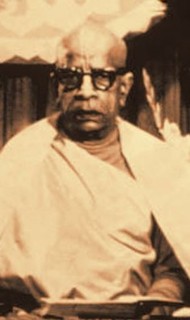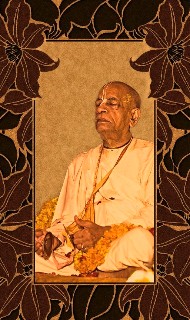 By Sadhubhusan Das
By Sadhubhusan Das Including Manipur ISKCON in the worldwide celebration of 50 Golden years of ISKCON, the Youth Forum of ISKCON Manipur organized ‘The Achintya Youth Festival 2016’, from 21st to 24th August 2016 at the temple premises and was completed successfully. A festivity replete with cultural programs, musical performances, debate, quizzies, interesting competitions, interaction with distinguished professors, social workers and celebrities, martial arts presentationa, kirtans, prizes and to complete it all…extraordinary mahaprasad for all….altogether made the event memorable. As a prelude to the festival a photography competition was held during the ratha yatra festival with a theme ‘ratha yatra in Manipur’, jointly organized with the Manipur Photography Club. An open essay competition on the topic ‘Spirituality is the Ultimate Solution to All Material Problems’, and a painting competition on the theme ‘Krishna Lila’, for classes 6th to 12th was also organized on 14th August 2016 with an attendance of more than two hundred students. The first prize for the essay competition went to Kavita Kancahan Ningthoujam of DM College of Arts and for painting competition, Telen Khaidem of DAV Public School bagged the first prize. A state level open debating competition was also held on 21st August 2016 on the subject ‘Communal Harmony is Possible Only through Interfaith Dialogue’, which was presided over by Dr. I. Ibohalbi Singh, MLA leader of opposition; A. Mubi Singh, President, Editors’ Guild and His Holiness Bhaktivyasa Tirtha Swami, ISKCON Guru and Sannyasi. The first prize for the debate was awarded to Mr. Misban Hanif of Modern College. It was very interesting that students from all different faiths came and took part in the events which in itself served the purpose of the festival...’going forward together as one community, promote open mindedness and creative thinking, and generate an awareness to be successful in life both materially as well as spiritually.’ The famous Gaura Lila of Manipur was also enacted in the evening to the pleasure of all. Continue reading "Achintya Youth Festival 2016, ISKCON Manipur
→ Dandavats"
 By Satsvarupa dasa Goswami
By Satsvarupa dasa Goswami

 The most significant thing here is that Prthu’s expression of respect towards the sages came “as eagerly and naturally as the senses arise to greet their desired sense objects.” (indriyeśo guṇān iva)
The most significant thing here is that Prthu’s expression of respect towards the sages came “as eagerly and naturally as the senses arise to greet their desired sense objects.” (indriyeśo guṇān iva)













 By Giriraj Swami
By Giriraj Swami
 By Kripamoya das
By Kripamoya das


 By Kripamoya Das
By Kripamoya Das By Girish Sarin
By Girish Sarin